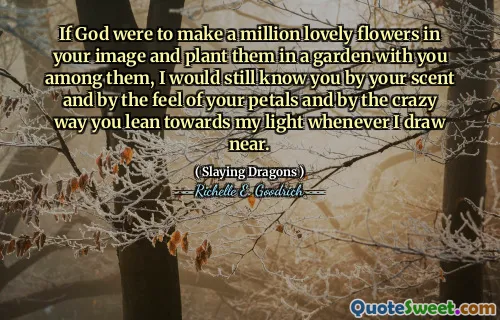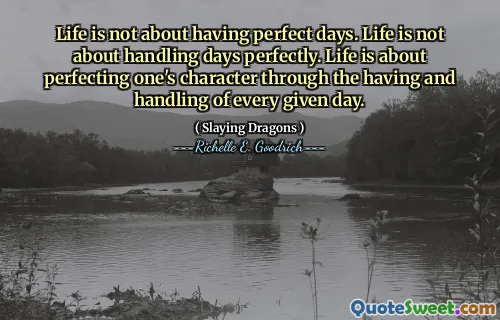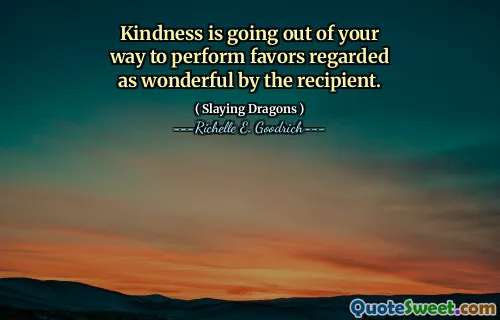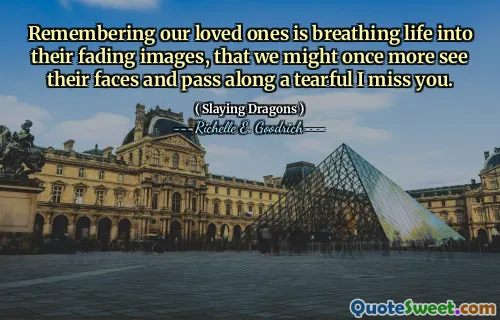
My mother does not own my hands, though she works hard to train them. My mother does not own my eyes, though she frequently directs their focus. My mother does not own my mind, though she yields great influence upon it. My heart, however, she owns completely, for it was hers the day I was born.
This quote encapsulates the complex and enduring relationship between a mother and her child, highlighting the boundaries and deep connections that define it. It speaks to the idea of autonomy and influence, recognizing that while a child grows and develops independent faculties — hands, eyes, mind — and may exercise control over them, they are nonetheless shaped and guided continually by their mother's effort and presence. Yet, the heart symbolizes something profoundly different. It is not merely a part of the self to be trained or influenced but a site of unconditional belonging and emotional inheritance. A mother's influence is not just about guidance or direction; it is a lifelong bond rooted in love and origin.
Moreover, the quote subtly acknowledges the fine line between control and care. The mother may direct and instruct, but this does not translate to ownership. Respect for the child's agency is implied, even as the mother's role is cherished and recognized as irreplaceable. It also elegantly portrays that certain aspects of a person—the emotional and affective core, their heart—are inherently connected to their mother, emphasizing the idea that emotional ties often transcend choice or autonomy.
From a broader perspective, this passage makes us reflect on parenthood, personal growth, and the lasting impact our closest relationships have on us. It reminds us to appreciate the balance between independence and connection, as well as to acknowledge the deep gratitude owed to those who help shape us emotionally from very beginning of life. The mother’s ownership of the heart is a beautiful metaphor that speaks to lifelong love, respect, and profound emotional influence.











